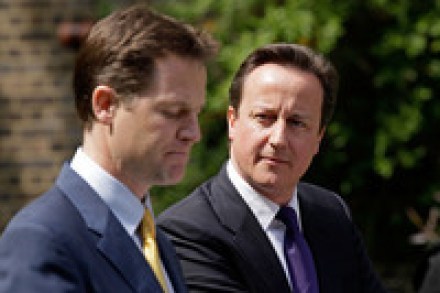All to play for in Oldham East
The Oldham East and Saddleworth by-election is fast shaping up to be the event that will set the tone for the first quarter of the political year. The unique circumstances in which the vote was called makes it particularly hard to predict, no one is quite sure whether there’ll be a backlash against Woolas or one against the Lib Dems for going to court to overturn the result. As I say in the magazine tomorrow, if the Lib Dems were to win, it would give Clegg the breathing space he so needs at the moment. Lib Dem worries about what the coalition is doing to them politically would subside, temporarily


















